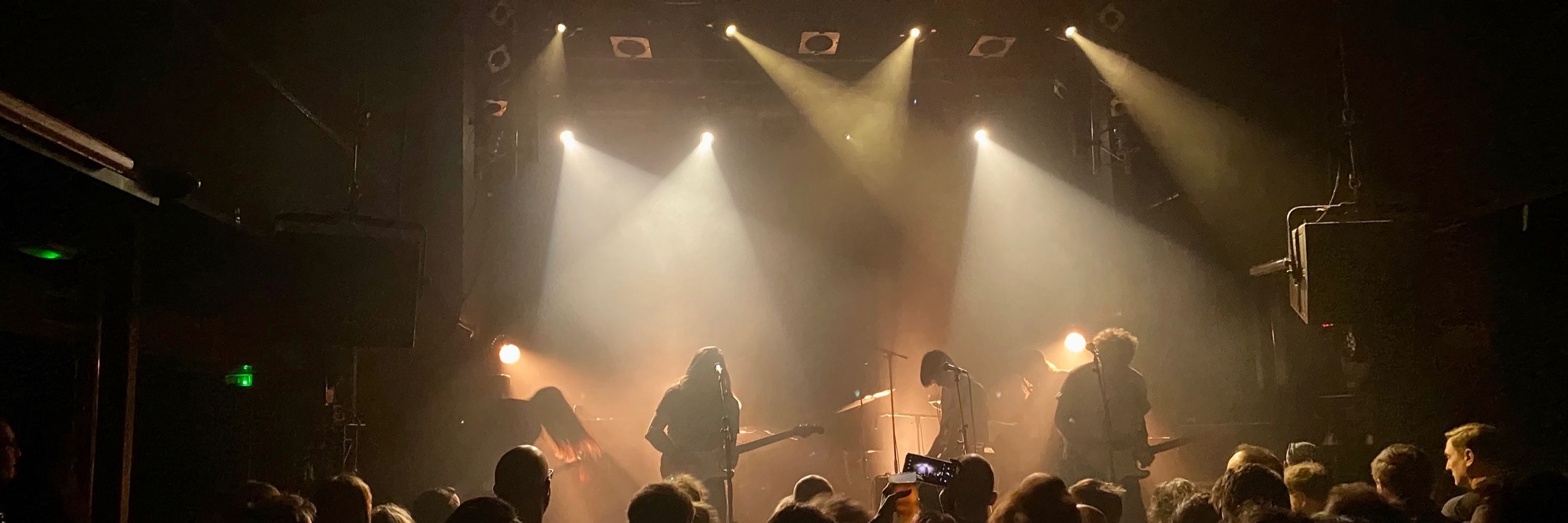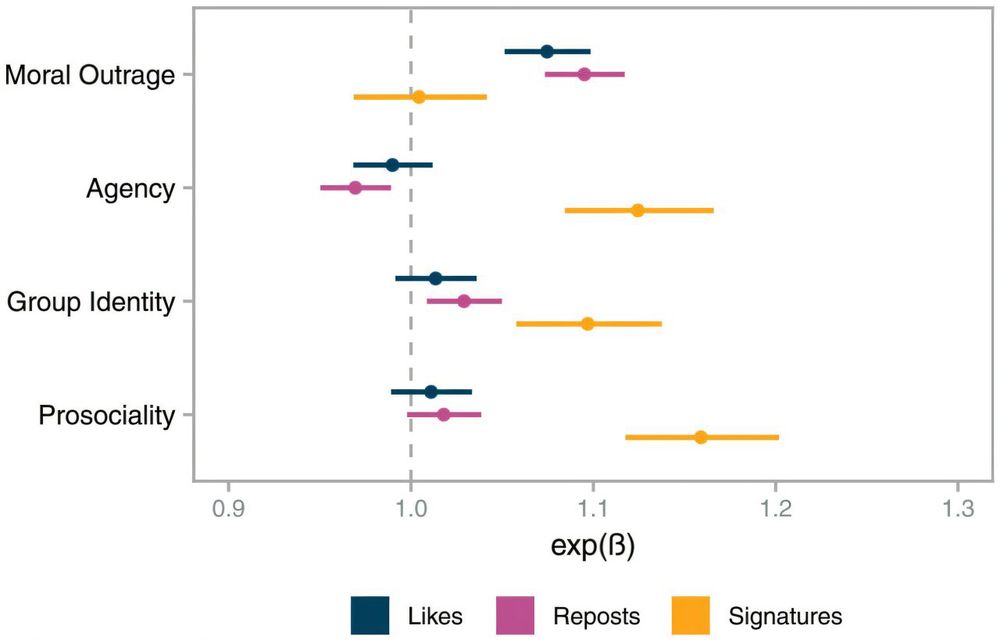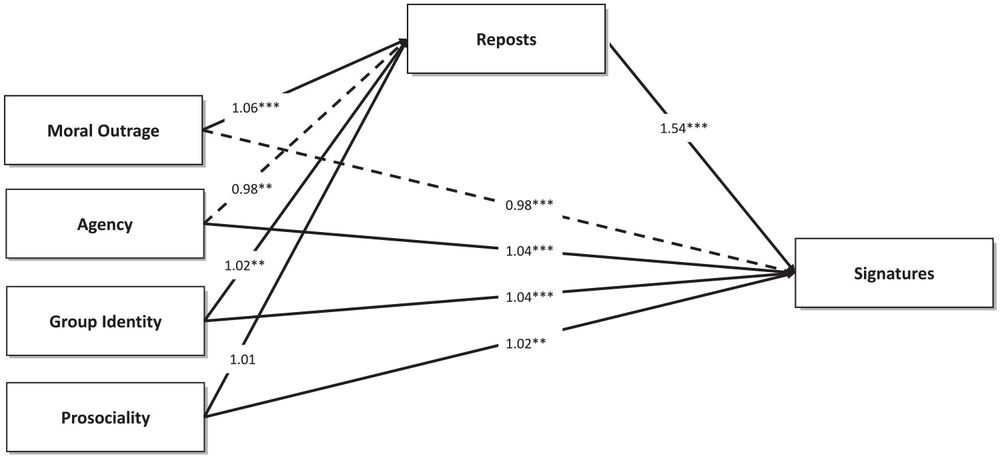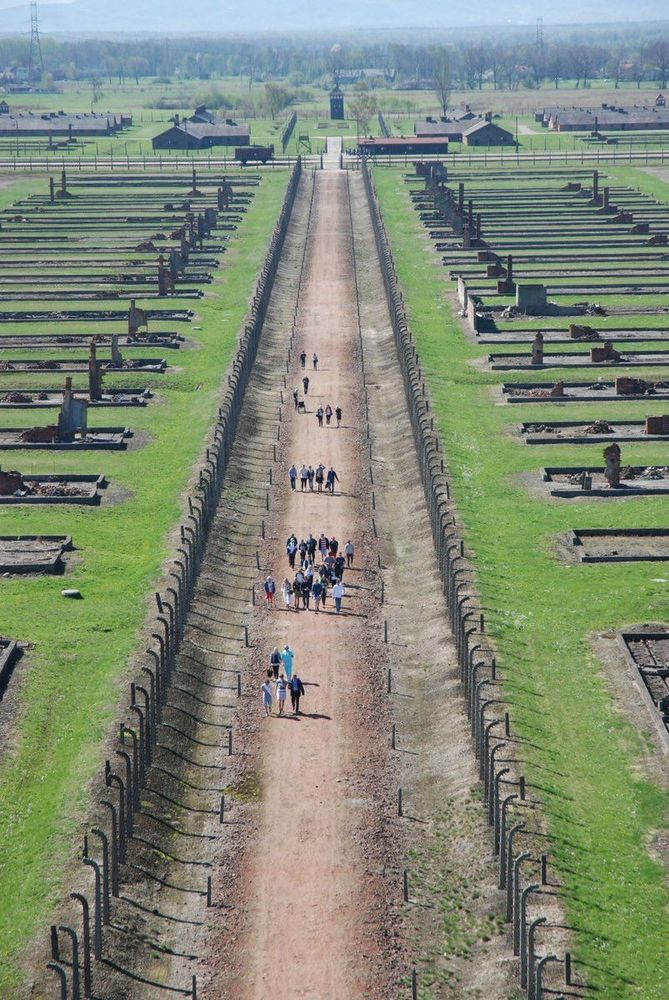Political psychologist at the University of Kent.
Reposted by Mark J. Brandt, Aleksandra Cichocka
Reposted by Aleksandra Cichocka
Reposted by Serge Guimond, Aleksandra Cichocka, Kristof Dhont
Reposted by Aleksandra Cichocka

Reposted by Aleksandra Cichocka
Reposted by Aleksandra Cichocka
Reposted by Aleksandra Cichocka
Reposted by Aleksandra Cichocka
Reposted by Mark J. Brandt, Aleksandra Cichocka
Reposted by Aleksandra Cichocka, Jeroen de Ridder
Reposted by Aleksandra Cichocka, Sarah J. Schoppe‐Sullivan

Reposted by Aleksandra Cichocka
Reposted by Aleksandra Cichocka
Reposted by Aleksandra Cichocka, Geneviève Gore
Reposted by Aleksandra Cichocka, Yamil Velez, Sofia Stathi
Reposted by Sara B. Hobolt, Helmut Hillebrand, Nicholas Allen , and 15 more Sara B. Hobolt, Helmut Hillebrand, Nicholas Allen, Trish Hafford‐Letchfield, Olaf Weber, Aleksandra Cichocka, Carly Reddington, Christopher J. Bae, Andrew Pendleton, Roger Morgan, Ann Pegoraro, Zambia, Guido Heineck, Christian Katzenbach, Peter Dwyer, Marco Longobardo, Markus Haverland, Anna Mateu















